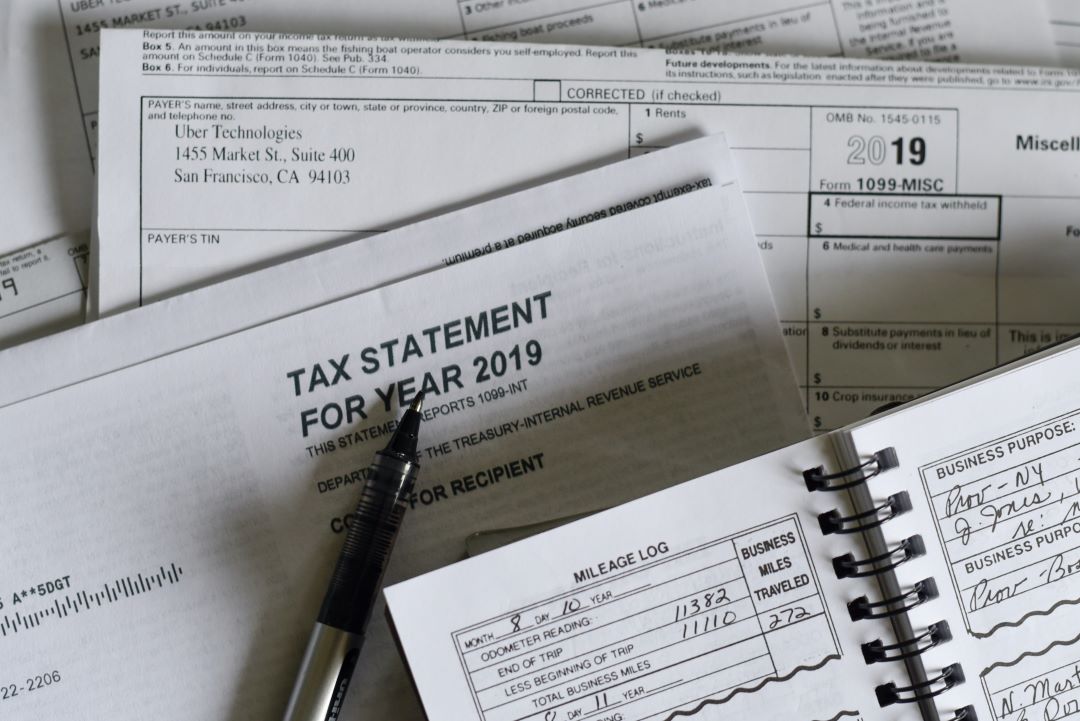
Tax Tips | Here’s Why R&D Tax Benefits Are Important
R&D expenditures are defined as any spending of money for the purpose of developing or improving a product. In order to get tax benefits from your company’s R&D, you need to understand what defines a product and how to leverage this into a tax benefit. Keep reading to find out more about R&D tax benefits.
Product Definition
Products are generally defined as any formula, invention, patent, pilot model, process, or technique. This may seem like a cut-and-dry definition, but it isn’t. In fact, the IRS estimates at least a day for verifying the validity of an R&D item. It will take a considerable amount of time for them to prepare the necessary tax forms as well. They will ask a lot of questions about the R&D item in question, so you will need to closely study everything about the product you are trying to get registered as R&D. One thing that often confuses companies when trying to get an R&D tax benefit is a stage at which the development is at. For example, R&D credits do not apply to research, even technical research, associated with a product already in commercial production.
Managing R&D Deductions
The Tax Cuts and Jobs Act passed in 2021 established new rules for 2022 and beyond. Now, R&D costs can be capitalized and amortized over five years. The length of time permitted is even longer if the work is done outside the United States. In the past, qualifying R&D expenditures were mostly focused on in order to get extra tax benefits. In 2022, however, the emphasis should now be placed on finding expenditures that may need to be capitalized for tax purposes.
Via the PATH Act of 2015, the R&D credit should not experience any lapses in the future as it has in the past. The R&D credit is here to stay, so companies should be looking to take advantage of it whenever possible. This can be extremely beneficial for alleviating any tax burden on your company.
An experienced tax or finance professional can help you fill out the necessary paperwork needed to obtain this credit. As previously discussed, getting a tax credit or write-off for R&D is quite complicated, so doing it on your own may be challenging. The sheer amount of investigative work needed to complete the necessary forms makes getting help from a tax professional a high recommendation. The scope and intricacy of the range of benefits are also equally daunting. This is yet another area where only an experienced tax professional can help.
Our Experienced Advisors
At Taurus CPAs, our mission has remained consistent since our founding – to be exceptional service providers and trusted advisors who integrate strategic advice and innovative solutions with integrity, quality, and reliability.

Sorry, the comment form is closed at this time.